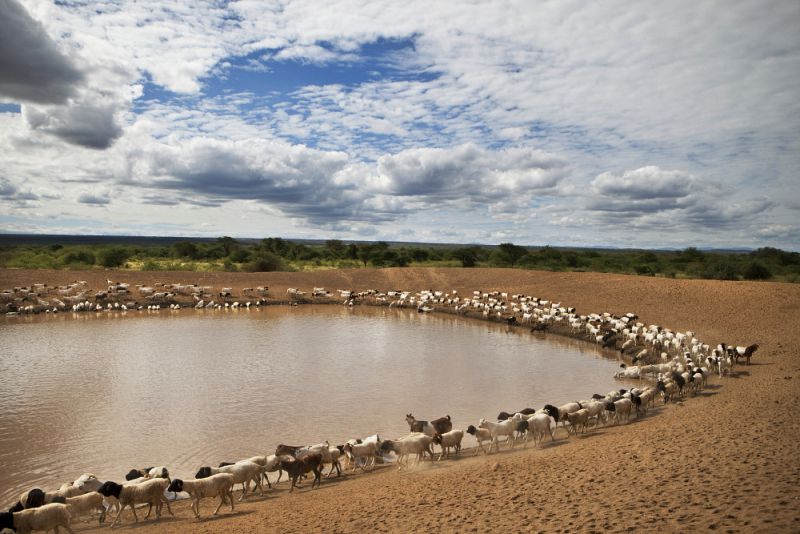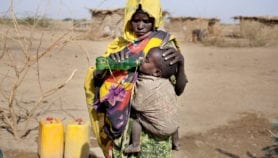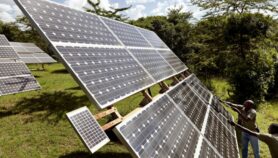By: Sam Otieno
Send to a friend
The details you provide on this page will not be used to send unsolicited email, and will not be sold to a 3rd party. See privacy policy.
[NAIROBI] As we learn more about climate change, environmental experts say its impact is increasingly being felt in Africa, and that women and children are the most vulnerable.
While analysing the consequences of this phenomenon, scientists are also telling us that although the global South contributes less to climate change, regions such as Sub-Saharan Africa suffer most from its effects.
We are approaching the most important meeting on climate change in 2015 – the 21st Session of the Conference of the Parties to the United Nations Framework Convention on Climate Change (COP21/CMP11) in France to be held from 30 November to 11 December.
I believe Africa can find solutions by identifying opportunities and raising significant resources to support research and training, advocacy, policy development and action on climate change.
Sam Otieno
COP 21 will be a crucial conference as it needs to achieve a new international agreement on climate change applicable to all countries, with the aim of keeping global warming below two degrees Celsius.
In the post-2015 development agenda defined by the UN’s Sustainable Development Goals (SDGs), it is imperative that we take care of our planetary health. That means taking care of the health of human advancement and the state of the natural systems on which it depends.
I learnt about this crucial collective responsibility during a workshop on planetary health organised by the Kenya-headquartered African Population and Health Research Center, the Rockefeller Foundation, UK-based medical journal The Lancet and the United Nations Environment Programme (UNEP) in Kenya last month (29-30 October).
My curiosity arose from the interrelationship between Africa and the global North on climate change issues regarding two critical questions: Should Africa follow the carbon-heavy development footsteps of developed countries? Is compensation for Africa for the damage suffered due to global warming primarily caused by developed nations an option for funding?
The participants at the workshop, which included policymakers, researchers, scientists and non-governmental organisations confirmed that indeed the continent is suffering from the adverse effects of climate change, mainly caused by human activities.
Experts say Africa cannot afford to pursue the heavy-carbon path to development as this could increase global warming and the adverse effects of climate change. Thus, Africa should reduce greenhouse gas emissions and pursue a greener environment path to development.
Should Africa push for compensation? The experts agree that developed nations should compensate the developing nations, but they are divided on the approach.
Conflicts are increasing in parts of Africa over water, pasture and decreasing arable land due to climate change, although the continent is trying to address these issues through mitigation and adaptation initiatives.
I believe Africa can find solutions by identifying opportunities and raising significant resources to support research and training, advocacy, policy development and action on climate change.
This piece was produced by SciDev.Net’s Sub-Saharan Africa (English) desk.














